The question of stress in cats comes up frequently among our readers, so we asked one of the pet stress experts from Pet Remedy to share some of their insights. Here’s what they said…
Stress has been identified as a trigger for most common cat behavior problems. Cats do not show their emotions as overtly as some other species and tend to withdraw and become quiet rather than show their anxieties. It is important for owners to appreciate the subtle signs of stress in their own cats in order to provide the best possible care.
[clickToTweet tweet=”How to tell if your cat is stressed” quote=”How to tell if your cat is stressed”]
Signs of stress in cats
- Behaviour changes
- Spraying / Soiling – Urinating Outside Litter Box.
- Increased sleeping
- Over grooming
- Lack of interaction and play
- Loss of appetite
- Scratching
- Aggression
- Diarrhea, Constipation or other Digestive Issue.
- Excessive Grooming.
- Excessive Scratching.
- Isolation from the family, and immobility, hiding.
- Excessive Vocalization.
- Increased Sleeping.
Physical signs to look out for
- Body – crouched directly on top of all fours, shaking
- Belly – not exposed, rapid breathing
- Legs – bent
- Tail – close to the body
- Head – lower than the body, motionless
- Eyes – fully open
- Pupils – fully dilated
- Ears – fully flattened back on the head
- Whiskers – back
- Vocalisation – plaintive meow, yowling, growling or silent
- Hissing, growling, shaking, drooling
What stresses cats out?
There are a number of triggers which cause stress to cats, so it is important as a cat owner to know what these are so that they can be minimised, or if unavoidable then the cat can be helped out during stressful situations. The following are triggers of stress in cats;
- Home Alone / Separation
- Fireworks, thunder, loud noises
- Travel
- Vet visits
- Loss of companion
- Change in routine
- Loud noises
- Multi cat household
- Cattery
- Visitors
- New family member, pet or baby.
- Moving home or just furniture around the house.
How to help a stressed cat
Noticing the signs of stress in your cat is the first step to reducing and preventing it. Where possible these triggers should be minimalised. Where it is not possible to remove these triggers there are a few things that you can do to help your cat.
If your cat is stressed because of another cat in the home, try reducing the monopoly of one cat by changing the environment. Make sure each cat has their own litter tray and their own food bowl and put them on different levels of the house if possible. Providing multiple food and water bowls spread around the home can help the nervous cat find a place where they feel safe.
Providing multiple hiding places around the home and “escape routes” for cats helps reduce their stress levels. Items such as cat flaps, cat trees, perching shelves, etc. should be readily available wherever possible.
There are also products available to help reduce stress in cats, in cases where the trigger is unavoidable. Pet Remedy is a natural calming product which works across all pets. It lasts longer, covers a larger area and is more cost-effective than other products. Being cross species, you won’t need to buy one calming product for each pet. Pet Remedy is a special formula consisting of natural herbs such as Valerian and Vetiver, which have been used for thousands of years to assist with calming.
Pet Remedy works alongside the brains’ natural ‘messengers’ called neurotransmitters, which work by telling the nerve receiving the message either to calm (via GABA pathway) or get ‘fired up’. In times of stress or anxiety the nerves get over stimulated, which leads on to the many symptoms we see in our stressed pets.
It comes in the form of a plug-in diffuser and sprays. The calming sprays can be sprayed on yourself, your pet, their coat or in your pets’ general daily environment.
Guest Post Credit
Pet Remedy is an all natural solution to alleviate stress and anxiety in household pets. Pet Remedy starts to work almost straightaway, covers a large square area, and is claimed to last longer than other commercially available pet calming products.
You can buy Pet Remedy from your local pet shop, via Amazon or online directly at petremedyusa.com

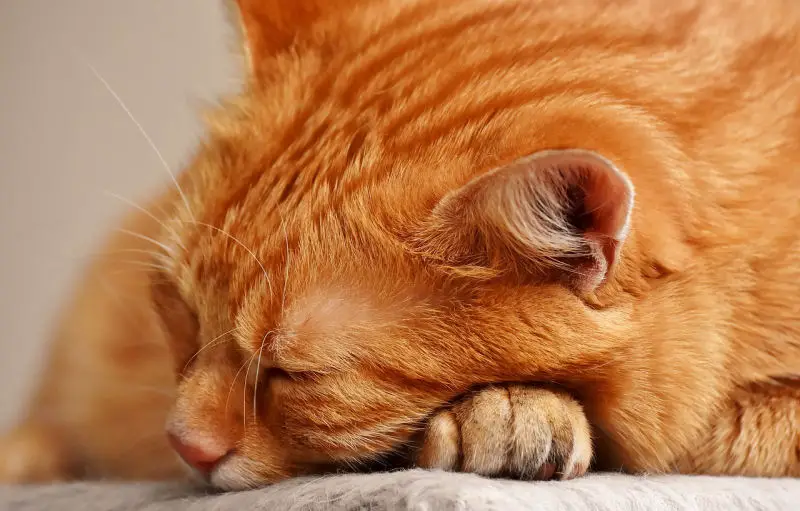

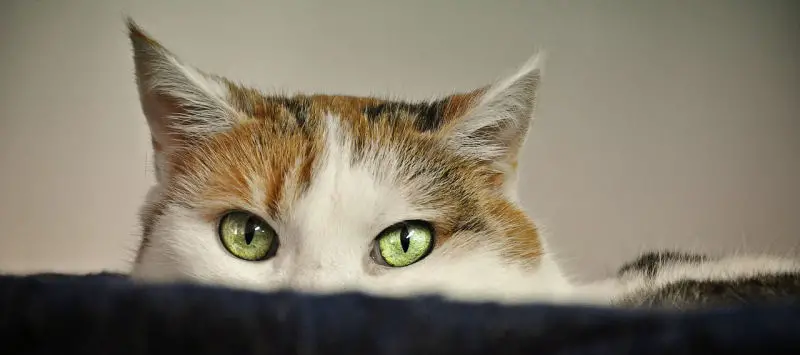

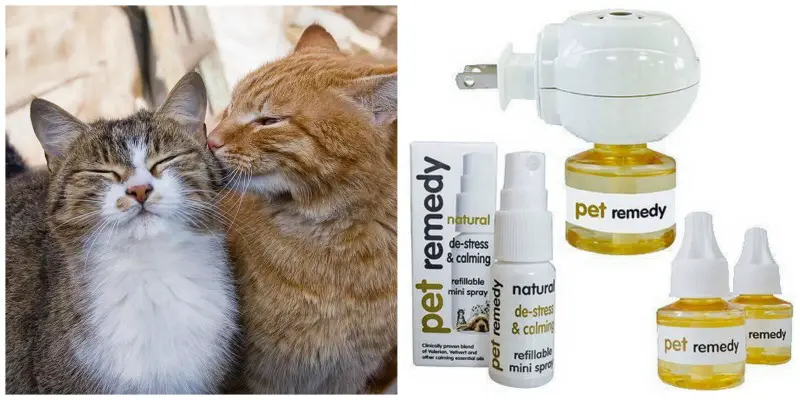


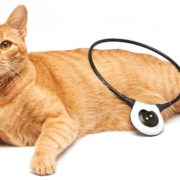
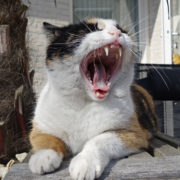
I think your post is a very detailed and interesting one. Cats can be stressed out just like humans can be, and they also suffer side-effects when in this undesirable situation. If prolonged for too long, this can actually effect their normal bodily functions, with diarrhea being one of the side-effects.
Thank you for highlighting all the things related to stress in cats.
My 8 year old part Maine Coon girl (Cassie) and I live in a bldg. with other seniors and she has become very stressed out due to the noises from the neighbors on either side of us. Last year I spent nearly a $800 at the vet. 3 weeks ago her vet gave her another steroid shot. It had been a year since last one. Her constantly scratching her head and chin plus grooming herself all the time stopped. Today, I see that she is slowly starting back with scratching. She is indoor cat, no fleas, no ear ticks. We tried to put her on calming pills, but that didn’t last long as I just am unable to force them into her. Yes I tried hiding them in foot and also those pill pockets. She ate them for 2 days and then got wise.
I am heartbroken over her going thru this and no the manager won’t do anything. During the last 2 weeks I’ve changed her kitty litter to a Nonallergetic formula hoping maybe that was causing an allergy. Now I am wondering if it is her food. I’ve tried different wet food in the past along with the dry food. Help, Diana and Cassie
I screwed up. I typed a half a book of my poor kitty’s stress factors and I must have put in the wrong spot. It looks like I placed it under a response from a James John of April 14, 2018 under “is four-day stressed”